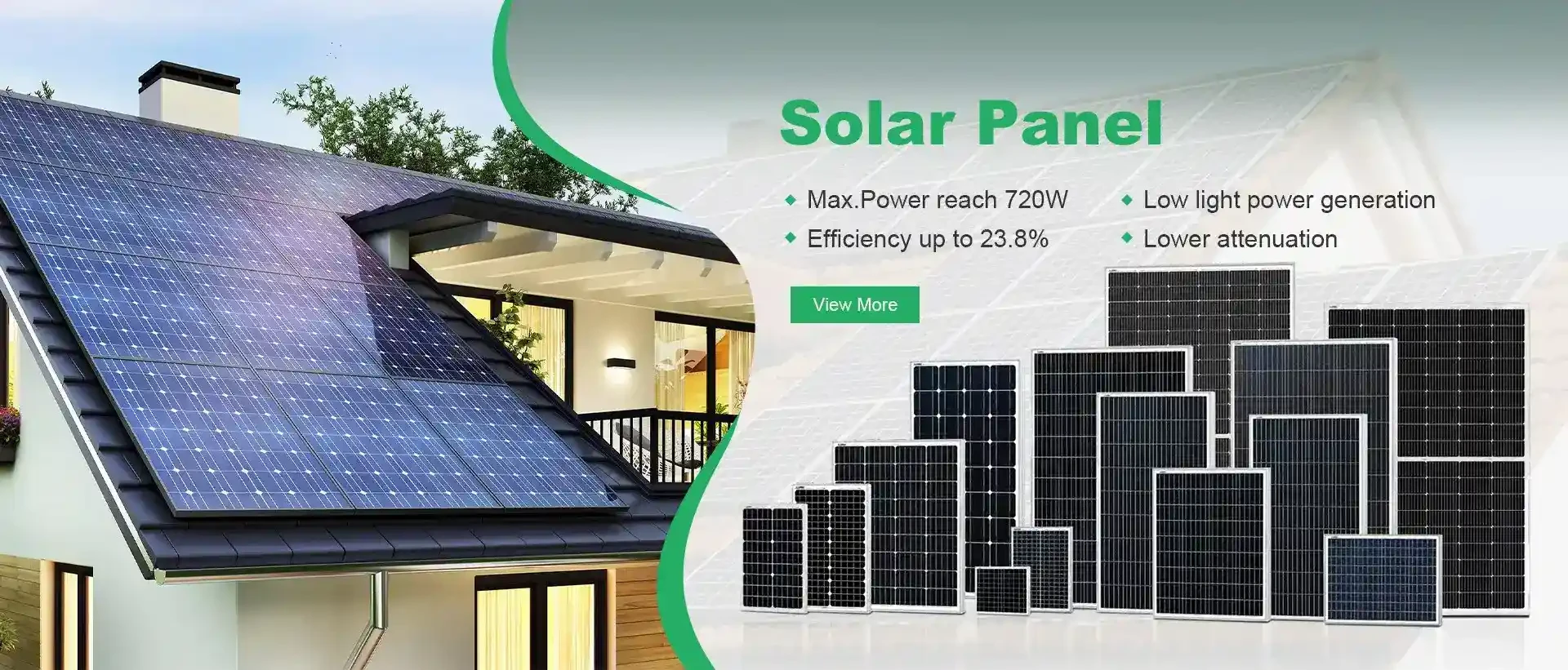off grid solar system packages
Exploring Off-Grid Solar System Packages A Sustainable Solution for Energy Independence
As the world grapples with the pressing challenges of climate change and the rising costs of energy, many individuals and families are turning to off-grid solar system packages as a viable solution. These systems provide the opportunity to generate electricity independently, reducing reliance on traditional utility companies and minimizing the carbon footprint. In this article, we will explore the components, benefits, and considerations of off-grid solar system packages.
What is an Off-Grid Solar System?
An off-grid solar system is a renewable energy setup that operates independently of the public electricity grid. It primarily consists of solar panels, a charge controller, batteries, and an inverter. Solar panels capture sunlight and convert it into electricity, which is then stored in batteries for use when the sun isn’t shining. The inverter converts the stored DC (Direct Current) electricity into AC (Alternating Current) electricity, which is used to power household appliances.
Key Components of Off-Grid Solar System Packages
1. Solar Panels The heart of any solar system, photovoltaic (PV) panels convert sunlight into electricity. The efficiency and wattage of the panels are crucial in determining the system's overall performance.
2. Charge Controller This device regulates the voltage and current coming from the solar panels to the batteries. It ensures that the batteries are charged efficiently without being overcharged, protecting their longevity.
3. Batteries Off-grid systems typically require a battery bank to store energy for use during cloudy days or nighttime. Deep-cycle batteries are often used for their ability to discharge slowly over an extended period.
4. Inverter The inverter plays a crucial role in converting the DC electricity stored in batteries into AC electricity. This is necessary for most household appliances that require AC power.
5. Mounting and Cabling Proper installation components, including mounting systems and wiring, are necessary for integrating the solar panels and other hardware effectively.
Benefits of Off-Grid Solar System Packages
1. Energy Independence One of the primary advantages of off-grid systems is the ability to produce one’s own electricity. This independence from utility companies can lead to significant savings, especially in areas with high energy costs or unreliable grid access.
off grid solar system packages

2. Environmental Benefits By utilizing renewable solar energy, individuals can drastically reduce their carbon footprint. Off-grid solar systems help mitigate the effects of climate change by harnessing clean energy.
3. Resilience and Reliability Off-grid systems provide a reliable source of power, particularly in remote locations or regions prone to natural disasters, where grid power may be unavailable or disrupted.
4. Cost Savings While the initial investment in an off-grid solar system can be substantial, the long-term savings on electricity bills can be significant. Additionally, many states offer incentives or rebates for solar installations, making them more financially accessible.
5. Customization Off-grid solar packages can be tailored to meet individual energy needs. Homeowners can choose specific components and configurations to ensure the system aligns with their power requirements.
Considerations When Choosing an Off-Grid Solar Package
1. Energy Needs Assessment Before investing in an off-grid solar system, it is essential to assess how much energy you consume daily. Understanding your energy usage will help in selecting the right size and components of the system.
2. Location and Sunlight Exposure The amount of sunlight your location receives can greatly influence the efficiency of a solar system. Areas with frequent cloud cover or short daylight hours may need larger systems or alternative solutions.
3. Battery Capacity Evaluating the battery capacity is crucial, as it determines how long you can rely on stored power without sunlight. Larger battery banks can store more energy but also come with higher costs.
4. Installation and Maintenance Consider whether you will install the system yourself or hire professionals. Additionally, maintenance requirements should be assessed to ensure the longevity of the system.
Conclusion
Off-grid solar system packages present an attractive solution for those seeking energy independence and sustainability. With their ability to harness renewable energy, reduce utility costs, and minimize environmental impact, they cater to a growing demand for alternative energy sources. As technology advances and prices continue to drop, off-grid solar systems are becoming increasingly accessible, paving the way for a greener and more self-reliant future. Whether you live in a remote area or simply want to decrease your reliance on the grid, investing in an off-grid solar system package could be one of the best decisions you make for your energy needs.
-
Unlocking Energy Freedom with the Off Grid Solar InverterNewsJun.06,2025
-
Unlock More Solar Power with a High-Efficiency Bifacial Solar PanelNewsJun.06,2025
-
Power Your Future with High-Efficiency Monocrystalline Solar PanelsNewsJun.06,2025
-
Next-Gen Solar Power Starts with Micro Solar InvertersNewsJun.06,2025
-
Harnessing Peak Efficiency with the On Grid Solar InverterNewsJun.06,2025
-
Discover Unmatched Efficiency with the Latest String Solar InverterNewsJun.06,2025







